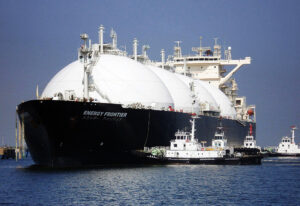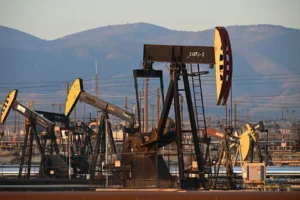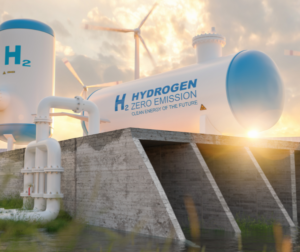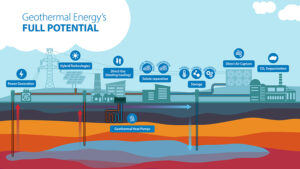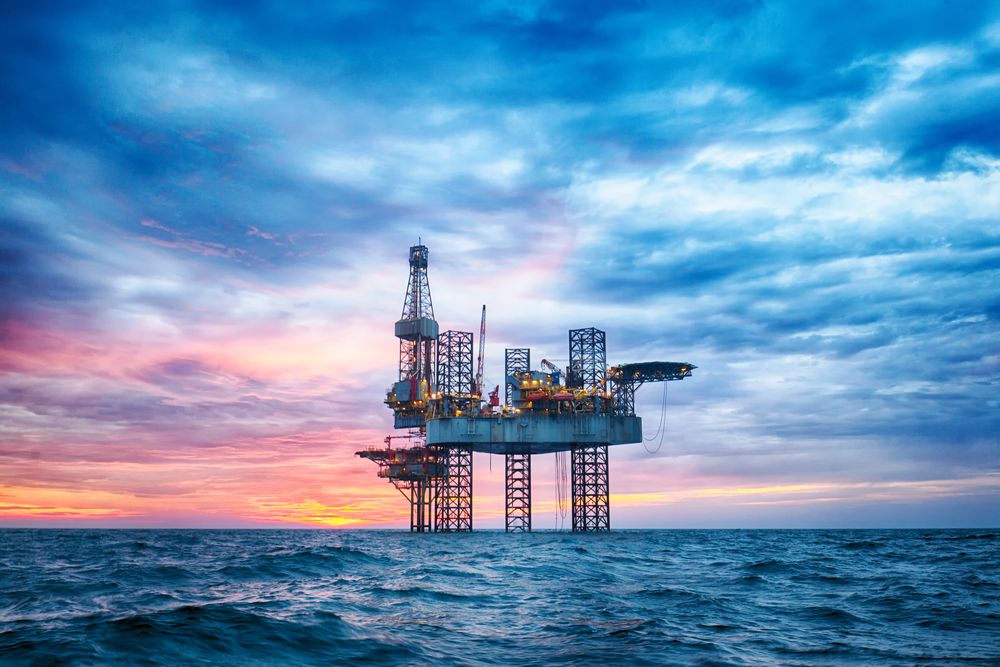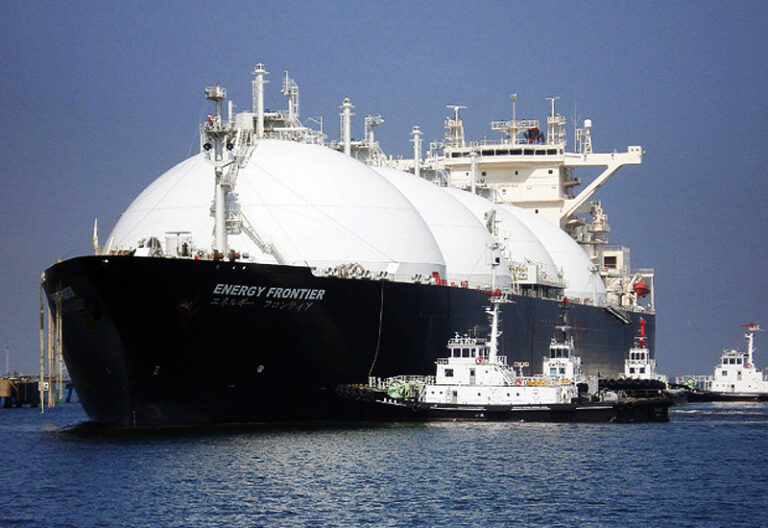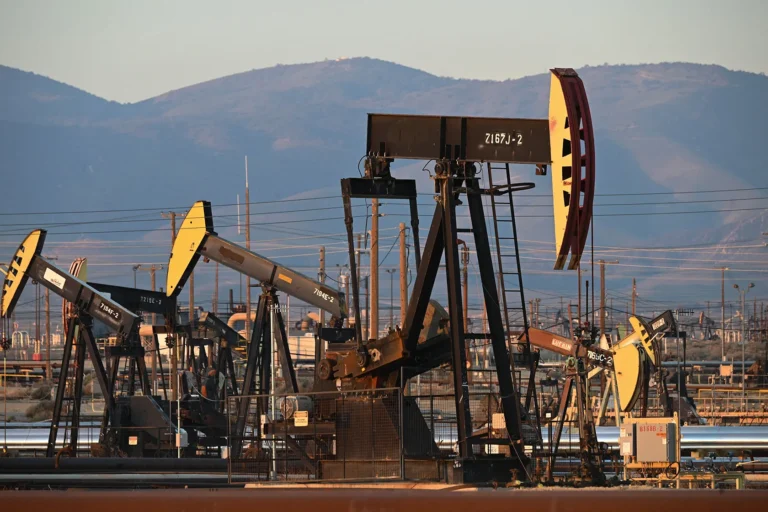The world’s oceans, vast and mysterious, are facing a silent threat that is often overlooked amidst the grandeur of their depths. Beneath the surface, where the beauty of marine ecosystems hides a growing concern, oil rigs are quietly shaping the destiny of our oceans. This article delves into the intricate relationship between these colossal structures and the delicate balance of marine life.
Just as the consequences of oil rigs unfold across the marine environment, the sequential progression to assisted living pharmacy services emphasizes the multifaceted challenges and solutions required in distinct ecosystems – be it the ocean or the healthcare domain.
The Ecological Ripple Effect
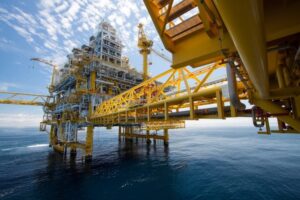
Oil rigs, despite their towering presence, cast an environmental shadow that extends far beyond their metallic structures. The extraction and transportation of oil introduce pollutants that, once released, initiate a chain reaction within marine ecosystems. These pollutants, ranging from oil spills to toxic chemicals, infiltrate the ocean’s depths, disrupting the finely tuned equilibrium that sustains aquatic life.
In recent studies, the ecological ripple effect of oil rig activities has become increasingly apparent. The proliferation of contaminants alters the behavior and reproductive patterns of marine species, leading to a decline in biodiversity. From the microscopic organisms that form the foundation of the marine food web to the apex predators, each link in this intricate chain is at risk, threatening the very fabric of the oceanic ecosystem.
Just as the presence of oil rigs can disrupt the delicate balance of marine life, the implementation of legal document signing solutions disrupts the traditional and often cumbersome methods, introducing a streamlined and environmentally conscious approach.
Beyond the immediate impact on marine life, the ecological ripple effect extends to the livelihoods of coastal communities. Fisheries, once teeming with abundance, face a decline that reverberates through the economies of those dependent on the sea. As species disappear or move to new habitats, the delicate balance that sustained generations of fishermen is disrupted, pushing communities to adapt to an ever-changing marine landscape.
Efforts to mitigate this ripple effect must extend beyond traditional conservation methods. Collaborative research initiatives, involving marine biologists, ecologists, and local communities, can provide a holistic understanding of the ecological changes underway. By combining traditional ecological knowledge with scientific expertise, we can develop strategies that not only address the immediate threats posed by oil rigs but also foster resilient ecosystems capable of adapting to ongoing environmental changes.
Similar to the operational prowess of oil rigs in extracting resources from challenging environments, executive car service in Seattle navigates the complexities of city life with finesse, providing seamless transportation solutions.
The Unseen Threat Below the Surface
While oil spills garner immediate attention due to their catastrophic impact, the chronic and cumulative effects of routine oil rig operations often fly under the radar. The constant release of drilling mud, composed of heavy metals and chemicals, creates a toxic cocktail that permeates the ocean floor. This unseen threat manifests in the gradual degradation of habitats crucial for the survival of countless marine species.
The unseen threat below the surface extends its reach to marine organisms, impacting their physiological well-being in ways not immediately evident. Studies have shown alterations in the reproductive success and immune responses of various species exposed to the continuous discharge of drilling muds. This sublethal impact, although less conspicuous, poses long-term risks to the resilience and adaptability of marine populations.
Similar to the strategic placement and functionality of oil rigs in extracting valuable resources from beneath the sea, franchising services strategically tap into diverse markets, extracting the potential for business expansion.
As we delve deeper into the intricacies of this unseen threat, it becomes clear that a comprehensive understanding is essential for effective mitigation. Advanced technologies, such as remotely operated vehicles and autonomous underwater vehicles, play a crucial role in monitoring and assessing the health of the ocean floor. By leveraging these tools, scientists can map the extent of damage and formulate targeted interventions to rehabilitate affected areas, promoting the recovery of vital habitats.
Navigating the Regulatory Currents
As concerns about the environmental impact of oil rig activities mount, the effectiveness of existing regulations becomes a pressing issue. Navigating the regulatory currents proves to be a challenging task, with loopholes and lax enforcement allowing for practices that jeopardize marine ecosystems.
Regulatory frameworks must evolve to keep pace with technological advancements in oil rig operations. The development and implementation of stringent standards for waste disposal, emission control, and emergency response are paramount. Regular audits and inspections, conducted by independent bodies, can ensure compliance with these standards, holding oil companies accountable for their environmental footprint. Similar to the diligence required to ensure the smooth operation of oil rigs, commercial pest control in Reno operates with precision to safeguard establishments from potential threats.
Global collaboration is key in navigating the regulatory currents. International agreements that establish a unified set of guidelines for offshore oil and gas activities can create a level playing field and prevent companies from exploiting regulatory disparities between regions. Strengthening international cooperation also facilitates the exchange of best practices, allowing nations to learn from each other’s successes and failures in regulating oil rig operations.
Addressing the regulatory challenges requires a proactive approach from both governments and the industry. Industry leaders, recognizing the long-term benefits of sustainable practices, should actively participate in shaping and advocating for robust regulatory frameworks. Governments, in turn, must prioritize environmental stewardship and enact policies that safeguard marine ecosystems while fostering responsible energy development.
Most rooms within oil rigs are protected by the highest-quality wholesale iron doors to ensure robust security against the harsh offshore elements and potential operational hazards.
Harmony in Diversity: The Microscopic World of Oceanic Microbes

While the impact of oil rigs on larger marine species often captures attention, the microscopic world of oceanic microbes plays a pivotal yet overlooked role. These tiny organisms, including bacteria and plankton, form the foundation of marine ecosystems. Oil rig activities, through the release of hydrocarbons and other pollutants, disrupt the delicate harmony within this diverse microbial community.
The ramifications extend beyond the immediate vicinity of oil rigs. Altered microbial compositions can lead to shifts in nutrient cycling, affecting the entire food web. Understanding these microbial dynamics is crucial for predicting and mitigating the long-term consequences of oil rig activities. Advanced genomic techniques and ecological modeling are emerging as powerful tools in unraveling the intricate relationships within this microscopic world. Much like the robust machinery on oil rigs, a lithium battery functions seamlessly to power essential equipment, adapting to demanding environments.
Innovation on the Horizon: Technological Advances in Offshore Energy
As the energy demand continues to rise, the offshore energy sector is witnessing a wave of innovation. Technological advances are reshaping the landscape of oil rig operations, presenting opportunities to minimize environmental impact. From autonomous drilling systems to underwater robotics, these innovations hold the promise of making offshore energy extraction more sustainable.
One notable development is the emergence of floating wind farms, representing a shift towards harnessing renewable energy in offshore environments. These structures, unlike traditional fixed wind turbines, can be positioned in deeper waters, reducing the environmental footprint associated with seabed disturbances. Exploring and investing in such innovative technologies not only lessens the impact of oil rigs but also paves the way for a transition to cleaner and more sustainable energy sources. As oil rigs extract essential energy resources to meet the demands of industrial and economic activities, this process contributes to societal changes and increased stressors. The lifestyle shifts and heightened stress levels resulting from such changes can lead to disturbances in hormonal balance, creating a scenario where individuals will seek HRT therapy in Nolensville TN to address and restore equilibrium in their hormonal health.
Whales in Peril: The Acoustic Impact of Oil Rig Operations
Marine mammals, particularly whales, navigate their vast habitats using intricate acoustic communication. The underwater symphony they rely on for survival is under threat from the relentless hum of oil rig operations. The acoustic pollution generated by activities such as seismic surveys and drilling disrupts these communication channels, posing a grave risk to the well-being of these majestic creatures.
Research indicates that exposure to prolonged underwater noise can lead to stress, disorientation, and even changes in the migratory patterns of whales. With their acute reliance on sound, any disturbance in their acoustic environment can have cascading effects on their ability to locate prey and navigate, potentially leading to a decline in their populations. Striking a balance between the energy needs of human societies and the preservation of marine life requires a comprehensive understanding of the acoustic impact and the implementation of mitigation strategies. Most men working on oil rigs are doing so to afford the life they dream of and to purchase gifts such as waffle robes for women to surprise their spouses.
Coastal Communities in the Crosshairs: Socioeconomic Impacts of Oil Rig Operations
Beyond ecological consequences, the ripples of oil rig operations extend to the socioeconomic fabric of coastal communities. Fishing, tourism, and other industries closely tied to the health of marine ecosystems face disruptions that echo through local economies. Understanding and addressing these socioeconomic impacts are integral to crafting holistic and sustainable approaches to offshore energy extraction.
Coastal communities, often reliant on the bounty of the sea, experience shifts in livelihoods as marine resources dwindle or migrate due to the influence of oil rigs. Diversifying local economies, investing in alternative livelihoods, and implementing community-based resource management initiatives become essential strategies for mitigating the adverse effects on these vulnerable communities. Balancing the pursuit of energy resources with the preservation of vibrant coastal cultures is a critical aspect of responsible offshore energy development.
A Delicate Dance: The Interplay of Climate Change and Oil Rig Operations
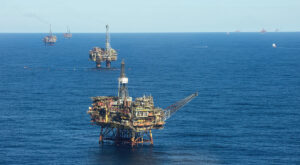
In the backdrop of the ongoing climate crisis, the interplay between climate change and oil rig operations adds another layer of complexity to the environmental narrative. Rising sea levels, ocean acidification, and extreme weather events amplify the challenges faced by oil rigs and exacerbate their impact on marine ecosystems. Understanding this delicate dance is paramount in devising strategies that not only address the immediate threats but also anticipate and adapt to the evolving environmental conditions. Similar to the meticulous planning required for the operation of oil rigs, business advisory provides strategic insights and navigational expertise, steering companies through challenges and uncertainties.
Oil rigs, positioned in vulnerable coastal zones, become susceptible to the intensified impacts of climate change. From the increased frequency of severe storms jeopardizing rig structures to the potential release of stored pollutants during extreme weather events, the resilience of oil rig operations is tested in the face of a changing climate. Mitigation measures must be forward-thinking, incorporating climate adaptation strategies that ensure the long-term sustainability of offshore energy production.
Conclusion: Sailing Towards a Sustainable Horizon
Navigating the intricate waters of the unseen impacts of oil rigs on marine ecosystems demands a holistic approach that considers ecological, technological, acoustic, socioeconomic, and climatic dimensions. As we sail towards a sustainable horizon, it is imperative to recognize the interconnectedness of these facets and strive for balance in offshore energy development.
Through innovative technologies, strengthened regulations, and global collaboration, we can mitigate the ecological footprint of oil rig operations. Simultaneously, understanding and addressing the socioeconomic impacts on coastal communities is integral to fostering resilience and sustainable development. As we navigate these challenges, the call for a harmonious coexistence between human activities and the delicate tapestry of marine life becomes ever more urgent. In charting our course forward, let us set sail towards a future where the rising tides are met with a commitment to uphold the standards that safeguard our oceans for generations to come. Much like the precise and isolating conditions created by oil rigs in their offshore settings, millimeter wave isolators contribute to creating focused and isolated pathways for communication signals.

